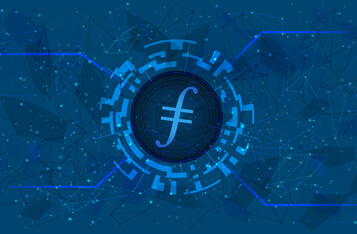UK Research Shows 66% Control of Hash Rate is Coming From China
Decentralization and blockchain are two words that many purists believe must be put together to be the future of financial technology.
Reporting on a study developed by UK based company CoinShares, as much as 66% of global hash rates come from and are controlled by Chinese entities.
Mining is a crucial element in distributed ledger technology, allowing the blockchain and all cryptocurrencies on top of it, to run and function normally. Without computers confirming transactions, and supplying power to the system, the blockchain would not be able to function as intended.
Hash rate, or network power, allows computers to process and solve problems that would enable transactions to be approved and confirmed across the network. When more miners join the Bitcoin network, more computational guesses per second are needed in order to find the solution. As a result, the hash power will increase and Bitcoin's network difficulty will go up.
According to the research from CoinShares, numbers show that as of 2017, China continues to grow its power and percentage in global mining, rising to 60% as measured in June 2019. Chinese provinces, including Yunnan, Xinjiang, and Inner Mongolia, as well as Sichuan, make up as much as 50% of this total hashing power.
Cheap electricity and technological advancement are being touted as to why the growth has been so drastic compared to other countries.
Chris Bendiksen, head of CoinShares research, commented: “This is beneficial to the Chinese mining industry […] If you are the first to increase your proportion of the hash rate, and you can do that before your competitors, that’s generally good.”
China is well known for its mining companies, recent statements, and blockchain development goals.
As said at the beginning, decentralization, and blockchain is what many views as the only way forward. Will China and its aim for global dominance mean change for what the future holds, or is it too early to tell?
Image via Shutterstock






